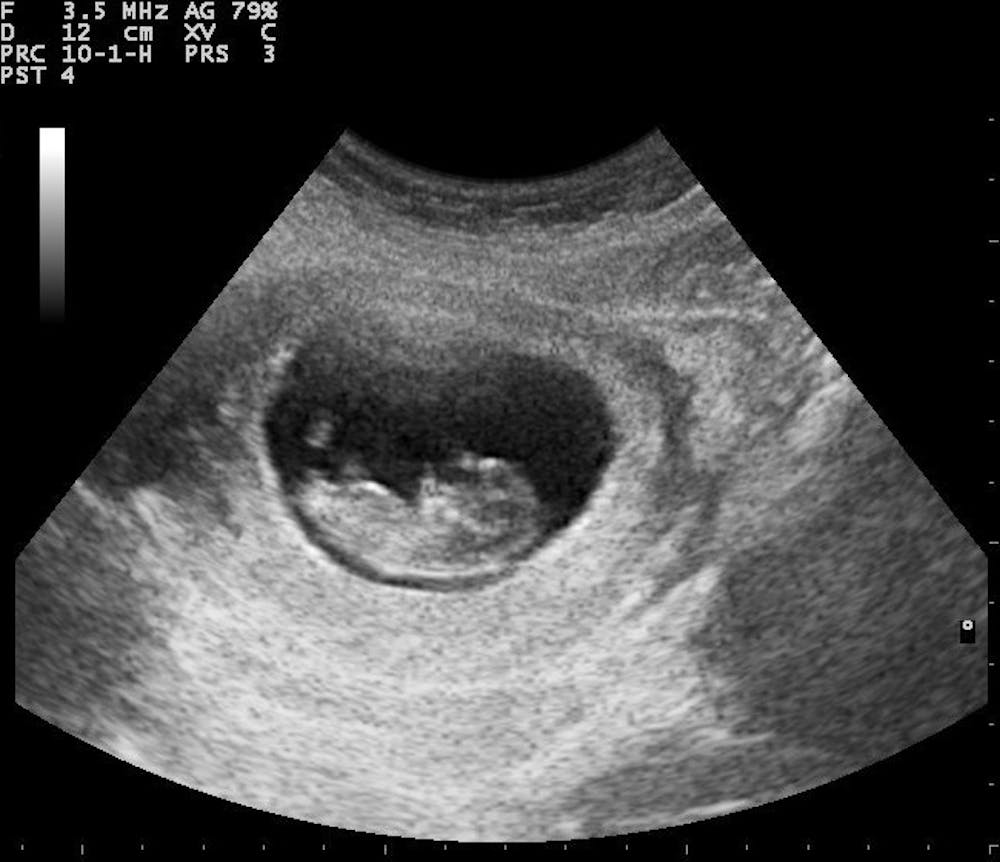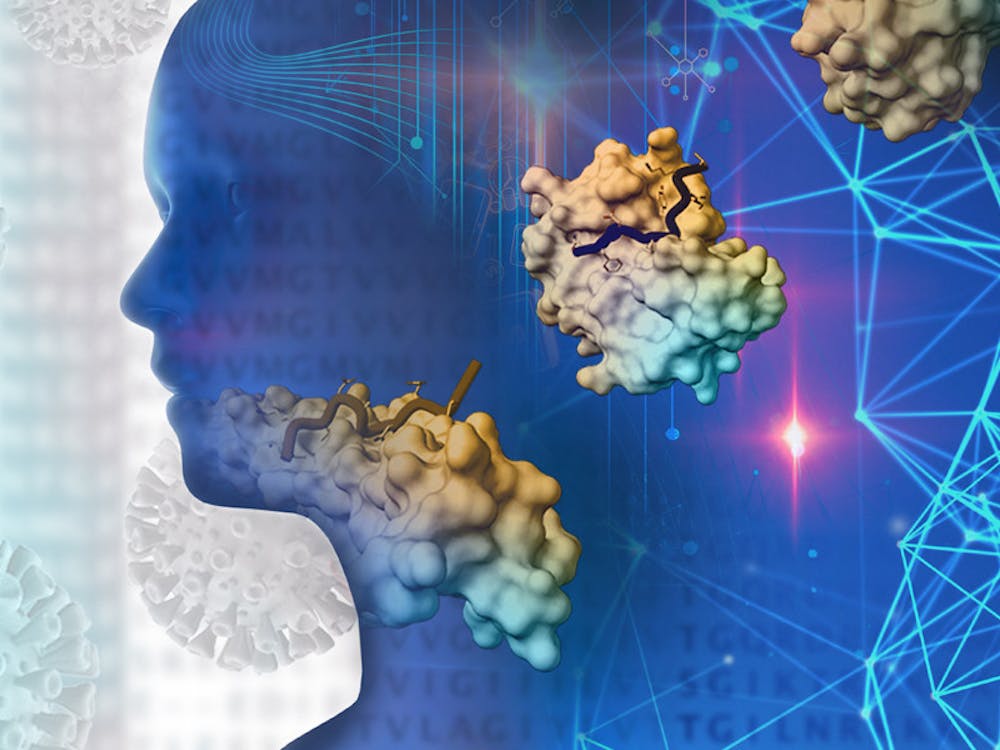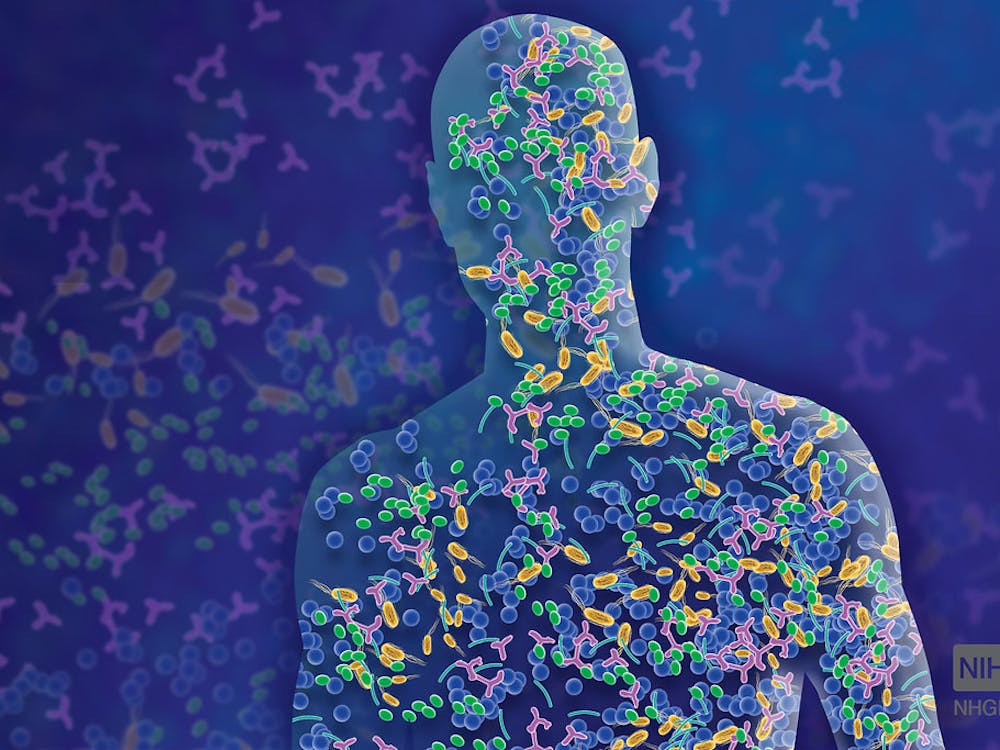Depression is becoming a more prevalent, and it has the tendency to occur especially more frequently during pregnancy. Depression during pregnancy is essentially a biological illness that acts similarly to any other kind of clinical depression by altering brain chemistry.
Recently scientists discovered that pregnant women who consume antidepressants have a much higher possibility of giving birth to a child with physical and mental defects than pregnant women without depression.
This Université de Montréal (UdeM) study was published in the British Medical Journal. Although there have been theories in the past that suggested various links between factors such as antidepressants and low birth weight, miscarriages and autism, they had not been officially confirmed until the publication of this study.
On a more specific scale, about six to 10 percent of pregnant women who are on drugs give birth to antidepressants with defects. This is compared to three to five percent in pregnant women not taking drugs.
Anick Bérard, senior author of the study, said, “In pregnancy, you’re treating the mother, but you’re worried about the unborn child, and the benefit needs to outweigh the risk.”
Bérard is a professor at UdeM’s Faculty of Pharmacy. In addition she is a researcher at the university’s affiliated children’s hospital, CHU Sainte-Justine. Bérard is an expert in pregnancy and depression.
She collected statistical data from 18,487 depressed women in the Quebec Pregnancy Cohort in order to draw the important conclusion in her report.
Among the women studied, around 20 percent of them had the history of taking antidepressants during their first three months of pregnancy.
“We only looked at the first trimester, because this is where all the organ systems are developing. At 12 weeks of gestation, the baby is formed,” Bérard said.
This means that the initial three months of pregnancy are crucial to a child’s development because it is the stage where most of the child’s basic biological functions and organs are developed. Any type of antidepressant intake during this critical period could have detrimental and irreversible effects on a child’s health.
The science behind this phenomenon lies behind the functions of the neurotransmitter serotonin. Immediately after conception serotonin becomes an important signaling molecule for the development of embryonic cells into fetuses. As a result, any change that interferes with the metabolic production and signaling pathway of serotonin can possibly be the catalyst for a wide range of child defects.
There are many antidepressants that are commonly taken during pregnancy, such as Celexa, Paxil, Effexor and Elavil. Taking Celexa within the first three months of pregnancy, for example, can often lead to an increase in major birth defects. The consumption of Paxil may lead to an increased risk in heart defects.
Similarly the consumption of Effexor is commonly associated with lung defects. The consumption of Elavil, a general form of tricyclic antidepressants, also shows a significant increase in eye, ear, face and neck defects.
Over the past few decades, depression has gradually emerged to be one of the most serious problems in modern society. In fact, depression has been categorized as one of the major causes of death according to the World Health Organization (WHO).
Since depression frequently becomes worse during pregnancies, many psychiatrists and obstetricians are beginning to prescribe larger doses and a wider variety of antidepressants to pregnant women.
In the released studies, researchers discovered that women who take antidepressants during pregnancy are typically those who are either older or in need of financial support.
Since an increasing number of women are diagnosed with depression during pregnancy each year, the study’s results ultimately amplified the need for caution with antidepressant use as well as the possibility of developing an alternative treatment without the involvement of drugs.























Please note All comments are eligible for publication in The News-Letter.